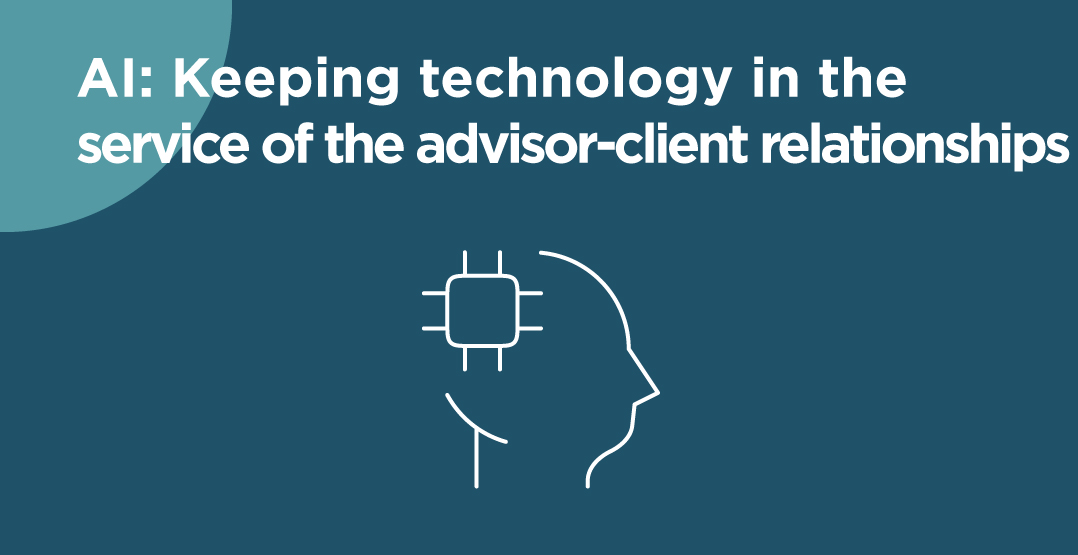AI and financial security: the importance of keeping technology in the service of the advisor-client relationship

Op-ep by Marie Elaine Farley, Ad.E., ICD.D, President and Chief Executive Officer, Chambre de la sécurité financière, published in Le Devoir on May 24, 2024.
The use of artificial intelligence (AI) is currently experiencing a rapid democratization, with generative AI platforms becoming increasingly popular. Most experts agree that while AI offers new avenues for innovation and progress, it also carries risks that must be taken seriously.
Recently, the conference " La fintech : à la croisée de la finance, du droit, de la technologie et du marketing " was held as part of the 91st ACFAS Congress. Fueled by experts from numerous specialties, highly relevant discussions confirmed that the risks of AI are indeed present in the practices of financial professionals.
As consumer needs for financial products and services evolve rapidly, this issue is of great importance. Digital technologies bring significant changes in practices and sometimes act as new intermediaries in the relationship between financial service advisors, including financial planners, and their clients. Today, consumers seek holistic service in all aspects of their financial health, including insurance, investment, and planning.
Serious multidisciplinary oversight
In this context of diversifying needs, it is important to consider that financial sector professionals are governed by numerous laws, regulations, and ethical rules. In Canada, Quebec is the only province that has established multidisciplinary oversight of financial services professionals.
The CSF's mission is to ensure public protection and oversee financial service advisors who, like doctors or lawyers, must act in their clients' best interests and provide independent advice and services.
Moreover, it is important to emphasize that various players in the financial ecosystem must work together. This collaboration helps maintain consumer trust in the financial sector. Regarding the various issues raised by AI, it is essential that this collaboration also includes our universities and educational institutions.
A line not to be crossed
It is clear that technology is an integral part of the profession of financial service professionals. Applications have extraordinary capabilities for data analysis and scenario evaluation that consumers should not be deprived of.
As a result, financial service advisors must master the available technological tools because it is in their clients' best interests. They need to know and understand the workings of robo-advisors and online platforms.
But most importantly, it is crucial to ensure that humans remain at the heart of decisions regarding technological advancements. Despite the rigorous oversight in place, biases should not be taken lightly. For instance, risk tolerance is not expressed the same way by everyone. The words used by clients vary greatly to illustrate situations, and the nuances are often subtle in understanding what the consumer truly wants to express.
It is the advisor’s responsibility to ensure they fully understand their client's needs, projects, and aspirations. They must be able to interpret digitally formulated recommendations to ensure they match the expressed needs.
In 2024, it is evident that technology supports the advisor-client relationship. However, with technological advances making it increasingly human-like, it becomes crucial that humans retain control over decisions.
Society must address the ethical issues related to AI, including biases and the commercial interests linked to it, to ensure that data usage genuinely serves the advancement of our communities.